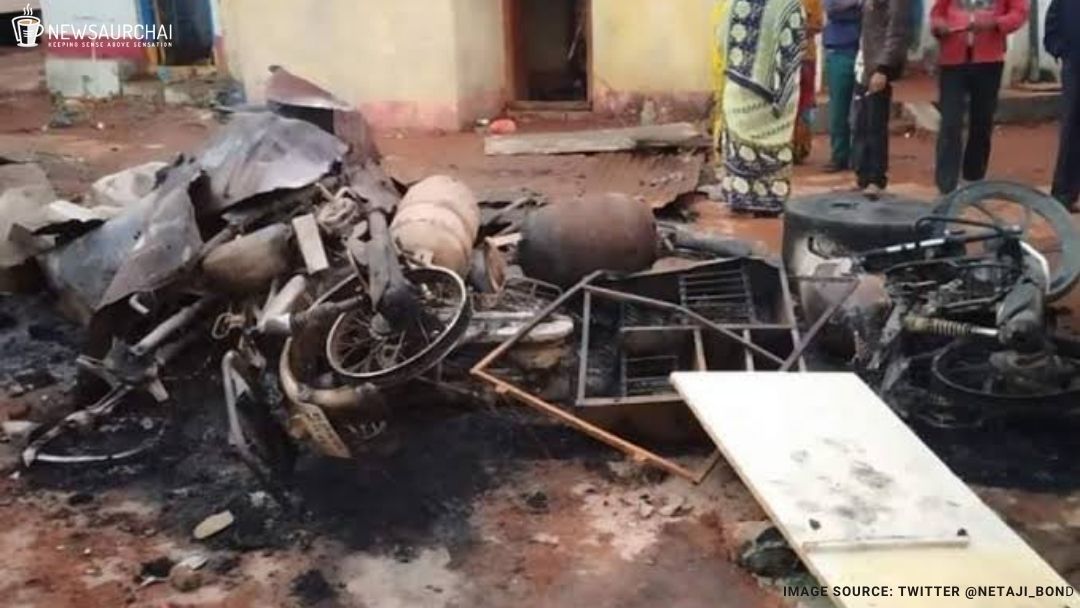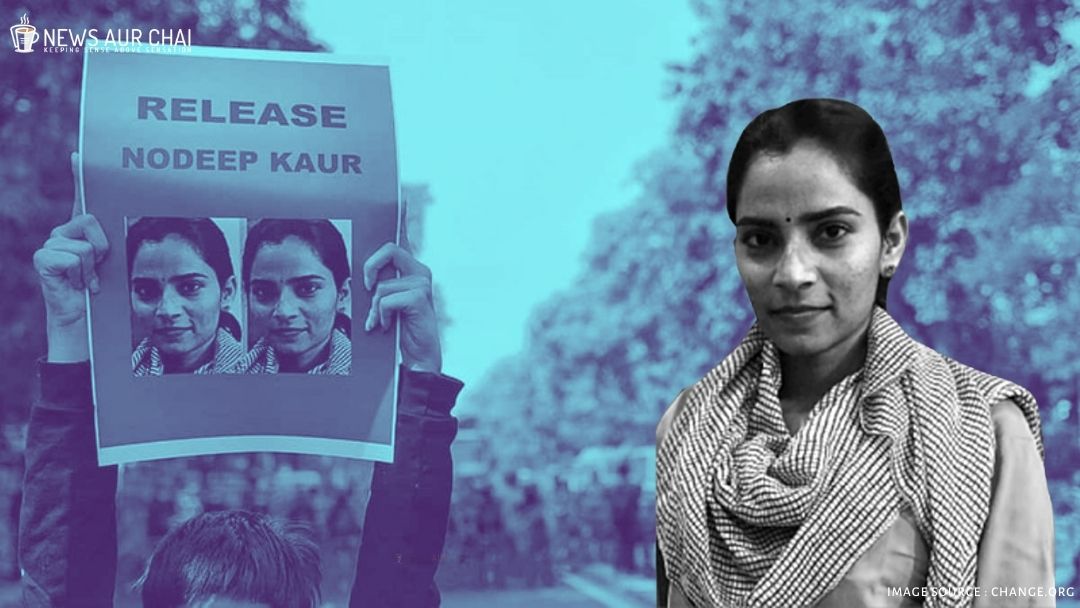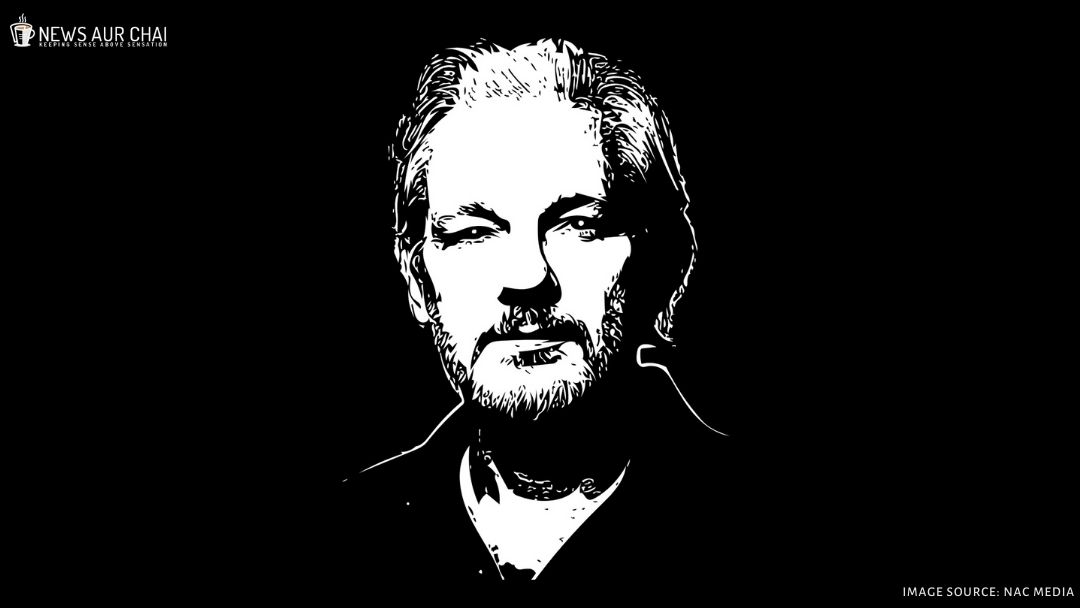Is this really fascism of Modi Government?

Suleiman Khan returned to India from Saudi Arabia last week. He was apprehensive. Suleiman confided his fears to his friend Anwar Shaikh: “Nayantara Sahgal, Jawaharlal Nehru’s niece, says that things in India are worse today than they’ve been since the partition riots in 1947.”
Anwar replied grimly: “Yes. They are. The government tells us what to eat, what to read, what to watch. They even blackened Sudheendra Kulkarni’s face before Khurshid Mahmud Kasuri’s book launch. What next? It’s intolerable.”
The two friends turned to the local newspapers. The headlines shocked Suleiman. “Everyone is returning their awards and resigning from the Sahitya Akademi,” he exclaimed.
“And,” Anwar added pointedly,” the Shiv Sena didn’t let Ghulam Ali Saab perform in Mumbai. It’s good we have secular politicians like Akhilesh Yadav, Arvind Kejriwal, Nitish Kumar and Mamata Banerjee who’ve invited Ghulam Ali Saab to sing in Lucknow, Delhi, Patna and Kolkata.”
Suleiman spent the next week in trepidation. Was India, as Nayantara Sahgal said, even worse than the 1975-77 Emergency when her cousin, Indira Gandhi, then prime minister, had stifled dissent, thrown the entire opposition, including Jayaprakash Narayan, in jail, censored newspapers and locked up activists and journalists?
Suleiman had left India in 1976, at the age of 21, during the Emergency. He remembered Sanjay Gandhi’s forced sterilisation campaign of Muslims in Turkman Gate in Delhi where he used to live.
The next morning, in Mumbai, Suleiman scanned the newspapers for signs of the imminent collapse of Indian democracy. He was surprised to read the headlines. “Everyone is condemning the prime minister!” he told Anwar. “I thought Modi was stifling dissent. But in every newspaper editorial and column, his government is the target of mockery and criticism. How can that be? Nayantara Sahgal said this was the worst period for Indian democratic discourse since partition in 1947. Worse than the Emergency when you couldn’t criticise the PM, much less abuse her. Lalu Prasad Yadav even called Modi a demon and monster the other day. And Ruchir Joshi abused Modi in The Economic Times last Wednesday in vile language. Why hasn’t Modi acted against them? “
Anwar tried to explain to his friend: “Suleimanbhai, you left India during the Emergency nearly 40 years ago and have never returned to India until now. Mrs. Gandhi was kind enough to revoke the Emergency in March 1977. She freed all the prisoners – journalists, opposition leaders, activists. Everybody. After 1980, we’ve had 28 years of Congress or Congress-supported governments. They gave us complete cultural freedom. Our Sahitya Akademi and other cultural bodies were filled with those who backed the secular, liberal and pro-poor ideology of Nehru and his extended family.”
“Ah,” said Suleiman, his face lighting up. “That’s why Indians are still so poor and the media is so liberal and Hindus are so secular. What a legacy!”
They were now in a bus passing by Dharavi, Asia’s biggest slum where the movie Slumdog Millionaire was shot by Danny Boyle. “See how the BJP government has packed the censor board and the FTII with RSS types,” Anwar said. “They want to ban movies, books, everything. Even eating beef.”
Suleiman was puzzled. “But, Anwarbhai, I saw a DVD of Haider and PK. They make fun of Hindu idols and criticise the Indian army in Jammu & Kashmir (J&K). Yet both movies were shown in Indian theatres and were huge hits. Why didn’t this government censor them?”
Anwar changed the subject. “Hungry, Suleiman?” he asked his friend. They were passing an al fresco restaurant. They sat down and ordered a burger. On the next table they saw a couple tucking into a hot dog, mayonnaise dripping out of the bread-encased sausage.
Suleiman’s eyes opened wide.”They are eating pork, Anwarbhai! We are eating buffalo meat in our burger. Back home in Saudi, pork is hard to come by. You might get 100 lashes for eating it in public.”
Anwar shook his head. “Don’t compare Saudi Arabia with India. Look what happened to that poor Indian woman who had her arm chopped off in Saudi. Backward country. We’re not like that. We’re a liberal, secular democracy.”
The two friends discussed the horrific murder of a young Muslim man in Dadri over beef. “Modi’s statement was inadequate,” said Anwar. Suleiman agreed. “He should have condemned it directly and set an example.”
That evening, Suleiman and Anwar put on their TV set. Surfing English and Hindi news channels, they heard guests and anchors in debate after debate condemning the Modi government. One elderly gentleman called Anand Patwardhan was spewing venom on the Modi government, in effect calling it fascist. “I recognise him,” exclaimed Suleiman, pointing excitedly to
Patwardhan. “I’ve seen his films – have they been banned after he abused Modi?”
Anwar shook his head slowly.
“But why is he allowed to say such things on national TV?” Suleiman asked Anwar in genuine bewilderment. “Nayantara Sahgal said dissent was being stifled. If Patwardhan had said such nasty things about Indira Gandhi in 1976 when I left India during the Emergency, he’d have been jailed. And Nayantaraji says that things are worse today than during the Emergency. Is Patwardhan in jail?”
Anwar was embarrassed. “Actually, he’s right now in another TV studio saying the same things.”
The two friends returned to Delhi the next morning. The newspapers were full of the attack on Sudheendra Kulkarni before Kasuri’s book launch in Mumbai and of writers returning awards or resigning from the Sahitya Akademi. “Who gave them these awards or appointed them on the Akademi?” Suleiman asked Anwar.
“Well, most like Ashok Vajpeyi, Nayantara Sahgal and Satchidanandan were awarded or appointed by the Congress. Some like Sarah Joseph are members of the Aam Aadmi Party (AAP).”
Suleiman nodded. “But Anwarbhai, did so many artists and writers return their awards when 4,000 Sikhs were killed in 1984 or when four lakh Kashmiri pandits were driven out of the Valley in 1989?”
Anwar shook his head again. “No, they didn’t,” he said. “You see, the Congress was in power in 1984 and 1989. It’s a secular party, after all.”
That evening the two friends strolled down Lodhi Gardens in Delhi. It was Sunday. The muggy monsoon heat had given way to a pleasant early-October autumn. Suleiman spotted familiar faces jogging or walking in the tree-lined park. One was a famous lawyer who, Anwar told Suleiman conspiratorially, “charges Rs 40 lakh per appearance in the Supreme Court. He’s currently defending top Congress leaders in a case involving the alleged National Herald scam.”
Another portly gentleman trotted by. “That’s also a senior lawyer,” said Anwar. “He’s fighting a case in the Supreme Court against the government over the Aadhar biometric card whose use the court wants to restrict.”
Suleiman was now thoroughly confused. “How is this possible, Anwarbhai? Can’t this fascist government just throw all these people in jail like Indira Gandhi did when I was last in India in 1976? All of them should be in jail – opposition leaders, activists and journalists who condemn the government in newspapers and on TV, lawyers who file cases against the government, writers and filmmakers who call the government fascist. How is such leniency allowed? Why isn’t dissent being stifled like Nayantaraji said?”
Anwar suddenly spotted a café. “Let’s get us a beef sandwich,” he told Suleiman. “And don’t worry. Like in Mumbai, it’s buffalo meat. We won’t be breaking the law.” Suleiman sighed. He’d come all the way to his beloved country to see for himself how fascism had overtaken India, how dissent was been strangulated, liberal thought censored and media handcuffed.
Sensing his friend’s discomfiture, Anwar said animatedly: “Look at Khurshid Mahmud Kasuri. After Ghulam Ali Saab, he was also targeted by the Shiv Sena, the BJP’s ally. How can you even try to stop a former foreign minister of Pakistan, who served in Pervez Musharraf’s government, from marketing his book in Mumbai?”
Suleiman was puzzled. “Isn’t Kasuri the same fellow who justified Musharraf’s Kargil attack on India? Wasn’t he in Musharraf’s cabinet when the 26/11 terror attack on Mumbai was being planned?”
Anwar nodded reflectively, taking another bite on his sandwich. As they worked their way through their Cara beef sandwiches, Suleiman said to Anwar thoughtfully: “In America, Christian politicians like Donald Trump and Ben Carson call Muslims terrible names. Here all our Hindu friends say such nice things about Muslims. I suppose that’s the difference between American democracy and Indian fascism.”
Anwar looked at Suleiman quizzically but let that pass. “Come,” he said brightly, “let’s see if we can get tickets for Ghulam Ali Saab’s show. He’s performing in Delhi in December. We should book seats in advance.”





